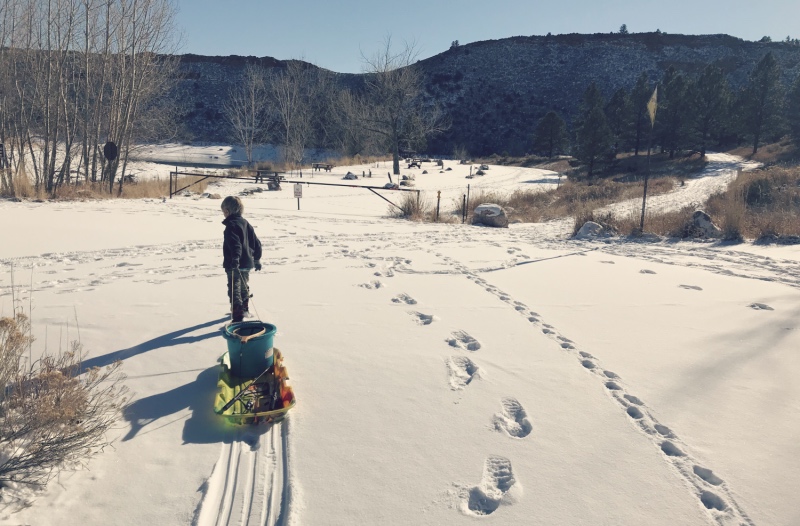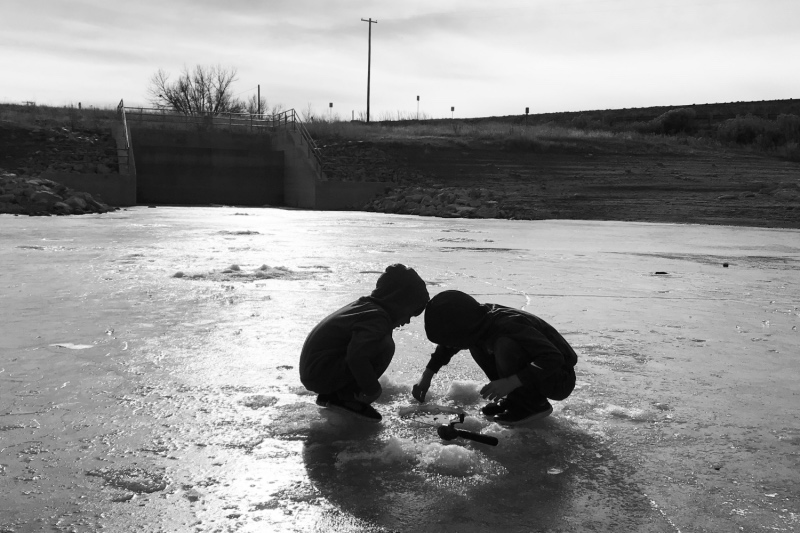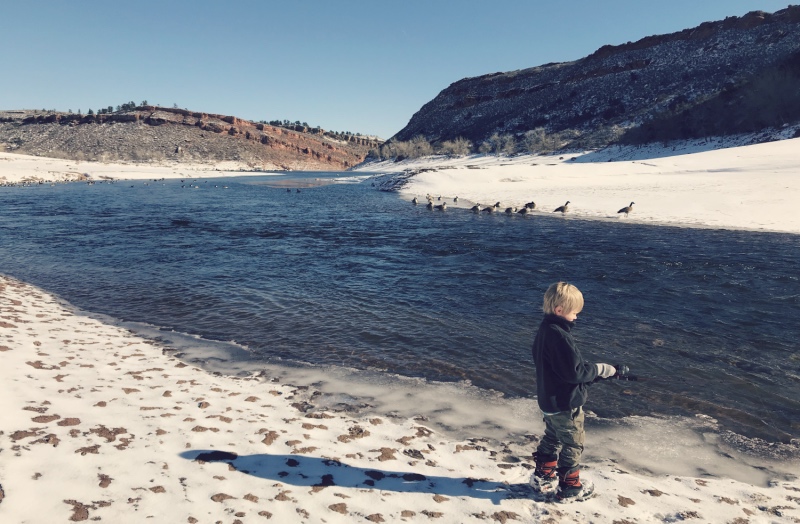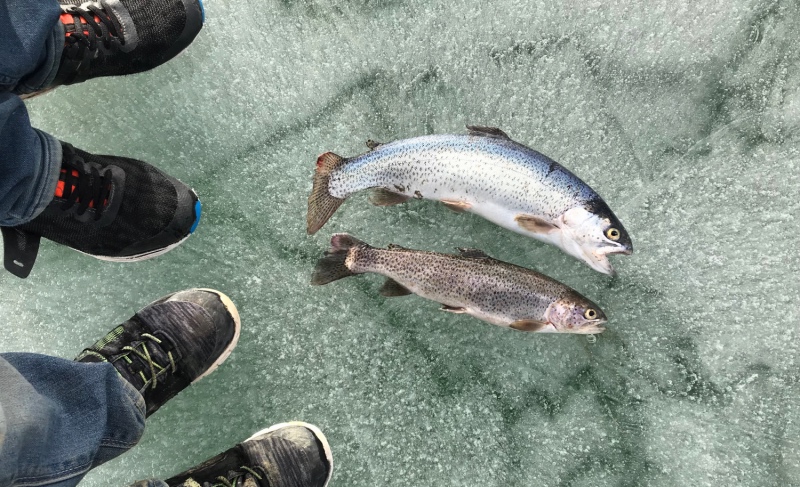What if I give them the wrong answers?
The Nature of Rest
What the Bible and Creation Teach Us About Sabbath Living
Intentional Parenting
Nature Studies
Apologetics
Adventure
Free Resource
Entrepreneurship
Homeschooling
Faith
Books
Categories
Master Naturalist, Bible teacher, author, wife, and mama of four! Join our adventures of discovering God while adventuring in creation.
I'm Eryn
Hey there!
Listen Now
Order now

His question from the backseat caught me off guard, as many do these days. More often than not they lack context. A hefty question swimming around in the mind of a child between more shallow pools of Crayola and DinoTrux and What’s for Dinner. Eventually, these bigger questions call for an anchor. And so he tosses them up from the backseat much like I toss snacks from the front.
“Mom, do evil people ever turn good?”
I lowered the volume on the radio and thought for a moment.
Over the past seven years of raising him, and then his three younger siblings, I have seen this question of good and evil run its course, but only in part. We’re still in the muddy middle ground, most days. Good and evil itself is black and white to both of us. But there are grayed outlining areas that beg for more contrast, more solidity. For my children, those uncertain areas produce questions like these:
Do all evil people go to jail?
Do evil people ever get out of jail?
Can bad people get to us, or are they far away?
Why does a person become mean?
And, of course, Do evil people ever turn good?

For me, the gray areas are these very conversations. Three-minute-long dialogues in the car or grocery checkout line. So much of parenting is found in these truncated discussions between cereal aisles and bedtime prayers. The gaps and fringes of our days shape their future. Words stringing together a childhood push into eternity.
That day in the car, a simple yes might have sufficed. But there had to be a more impactful answer. A story that would grant space to this lesson in his memory.
“Do you remember Paul, in the Bible?” I asked him. I saw his blonde hair bob up and down in the rearview mirror.
“Do you remember that his name was first Saul? And that he was very evil to Jesus’ followers? That he killed them, all while thinking that what he was doing was good?”
He nodded again. And asked about Stephen, the first person to die for Jesus. He was stringing the stories together, filling gaps with details, finding the answer.
“God got a hold of Saul’s heart, and changed him. He became good. Even though he had done evil things. Instead of killing Christians, he began protecting and helping them. He told people all over about Jesus’ love!”
Stories hold this power, to wash away the grayed margins where so many questions dwell. They wet the soil of our children’s minds and sow truth where it can thrive.

Of course, Paul’s life is an incredible example of God taking bad and making it good. But what about two thousand years later in a SUV next to the foothills of Colorado with an inquiring child? We had more gray area to conquer.
“You know, Bud. We are all like Paul. Now you have never murdered anyone, right?” I glanced at him in the mirror. I could tell in his expression that he didn’t know if my question was serious. Of course he hadn’t.
“But have you ever been mean to your brothers?” He nodded.
“We all have evil in us. And only God can change our hearts, just like he did with Paul. And we still mess things up, but God says that because of what Jesus did, He sees us as good. And that’s what matters.”
The conversation flowed, in the common unpredictable way with small children, into dialogue of Legos and snacks and plans for the afternoon.
But I knew we had chiseled away gray. I knew we had gained ground.
This ground taking and truth staking is our everyday job, as parents raising our babies to know Jesus. Only I find that often we, myself included, are wary of these deeper questions. Are you afraid to screw them up? Are you afraid to say the wrong thing? Are you afraid to muddy truth with weak words?
Me, too.
Yet God said of His words, “Teach them to your children, talking about them when you sit at home and when you walk along the road, when you lie down and when you get up. Write them on the doorframes of your houses and on your gates…” (Deuteronomy 11:19-20).

He didn’t say to fuss and fiddle with words, just to talk about how good He is.
“I will give thanks to you, Lord, with all my heart;
I will tell of all your wonderful deeds” (Psalm 9:1).
“Sing to him, sing praise to him;
tell of all his wonderful acts” (Psalm 105:2).
And when our child lobs one of those heavy questions our way, to not be afraid to say I’m not sure, or, Let’s find out together. Or, as I often tell my children, “You know, some things about God and life we just can’t understand. But we know that He is good, and He has a plan, and His ways are higher than ours.”
“’For my thoughts are not your thoughts,
neither are your ways my ways,’
declares the Lord.
‘As the heavens are higher than the earth,
so are my ways higher than your ways
and my thoughts than your thoughts’” (Isaiah 55:8-9).
If we are wary of those gray spaces, they may well dim to black. When we choose to step into their questions, God shows up, too. He directs hearts. He gives words. And He holds the power to turn evil to good.
learn more
Raising kids stirs something deep in our souls — an innate knowing that our time is finite. Taking my kids outside in creation, I’m discovering how to stretch our time and pack it to the brim with meaning. God’s creativity provides the riches of resources for teaching the next generation who He is and how He loves us. Join our adventure and discover inspiration and resources for refusing rush, creating habits of rest, living intentionally, and making the most of this beautiful life!
I'm Eryn, Master Naturalist, Author, & Bible Teacher
Hey there!
Receive free inspirational resources for refusing rush, creating habits of rest, parenting with intentionality, and teaching our kids who God is through what He has made!
Inspired
Be
Brand + Website by Amarie Lael Design | TERMS & CONDITIONS + PRIVACY POLICY | Copyright 2011 - 2026 Eryn Lynum
Contact
Speaking & media
About
Books
Shop
Videos & Interviews
Email List
Stories
Free Downloads
Resources
Home
@erynlynumauthor
The Nature of Rest
What the Bible and Creation Teach Us About Sabbath Living
Now Available!
Order
X
Signed Copy
Add a Comment